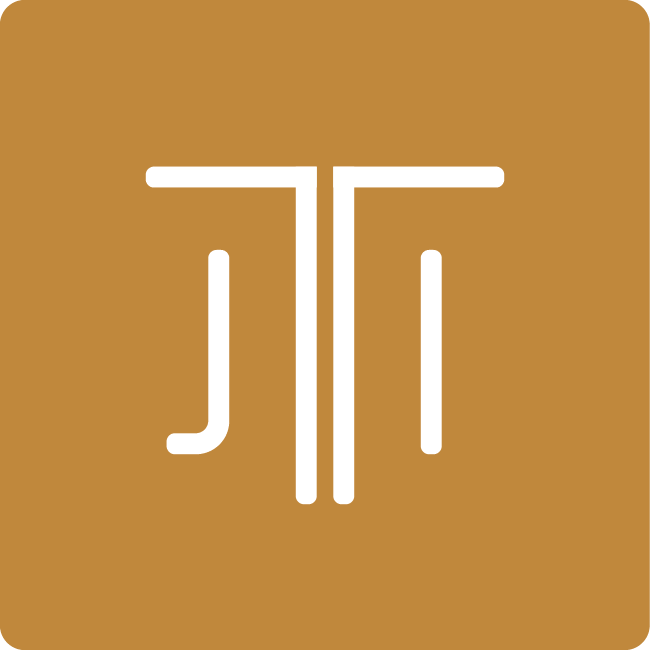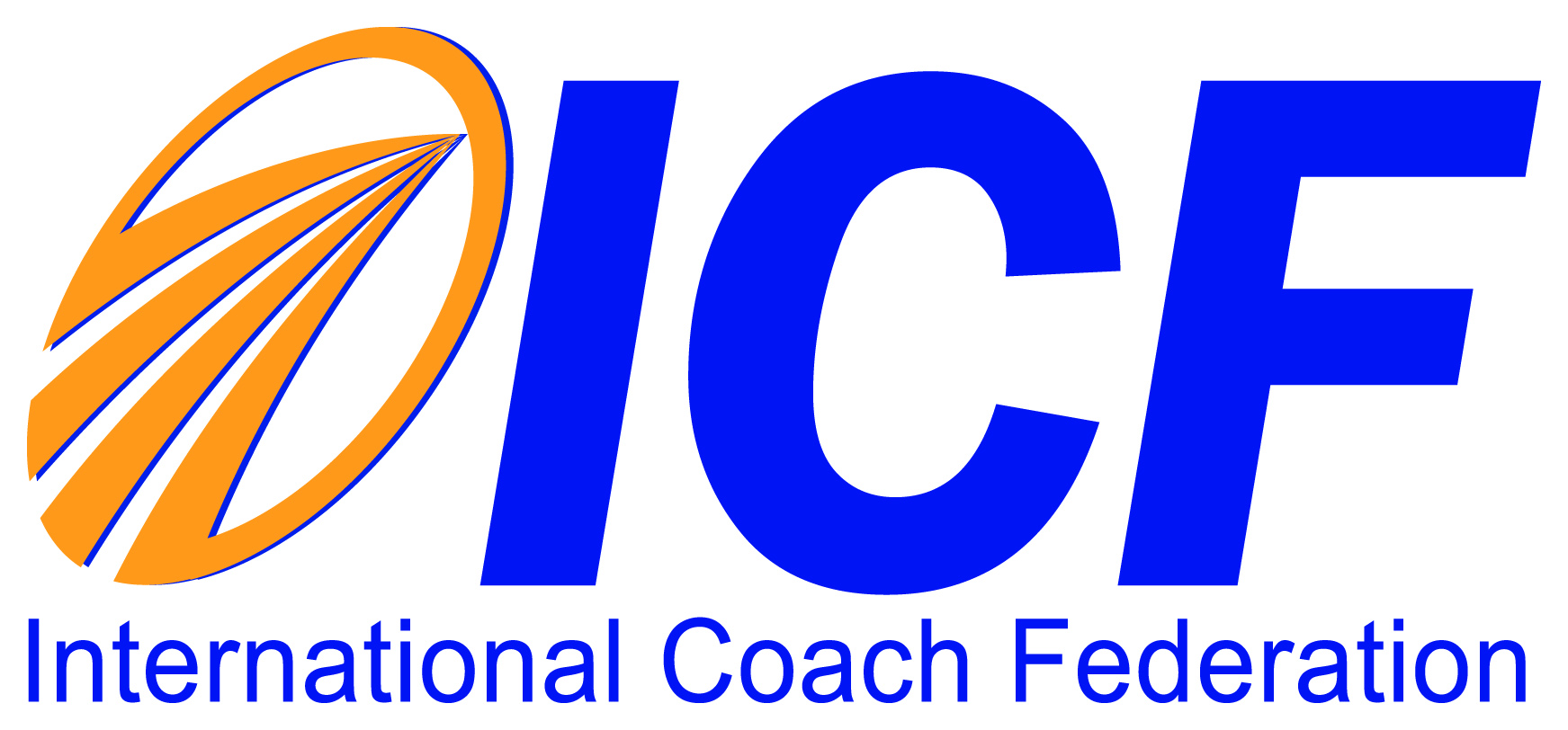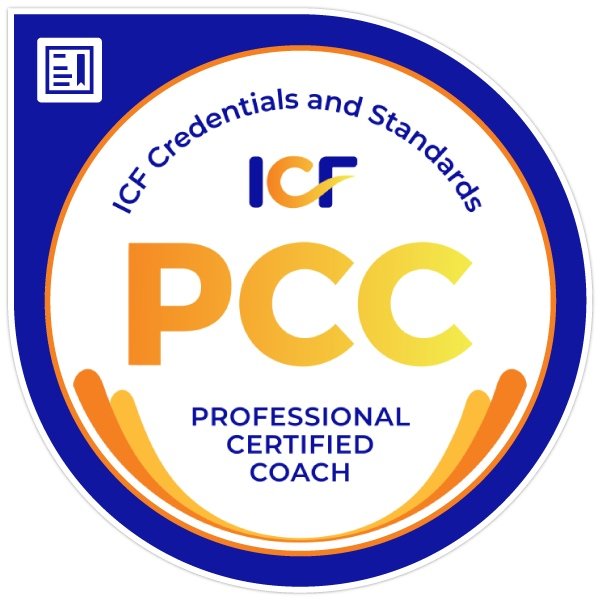FREQUENTLY ASKED QUESTIONS
Just click on any question in the list below to scroll down to an answer.
If your question isn't on the list, please contact me and let's discuss!
Who can benefit from coaching?
Almost everyone can benefit from the fresh insights, new perspectives and motivation to change which coaching brings. Think of a school leaver trying to decide upon a course of study, a graduate making a career decision, a parent considering relocating the family, a manager seeking greater impact in his role, or a senior citizen planning for retirement. Wherever you are in life, there is always scope for change and growth. Coaching helps you to make informed choices, and encourages you to aim for the very best that you can achieve.
What happens in a coaching session?
Coaching has been described as “a dialogue…as a result of which something changes for the coachee”. It’s a special form of dialogue where the coach asks powerful questions which help the coachee find deeper insight, develop new goals, and then move towards them. You as the coachee bring a topic or agenda - and you will typically do most of the talking during the session. A good coach will be able to keep the discussion focused and moving forwards, and will call forth what’s really important to you.
What happens between the coaching sessions?
During each session we will identify and agree tasks – “homework” – for you to follow-up before the next meeting. These may be questions to think through or meditate upon, or they may be specific actions to follow through. Much of the benefit of coaching derives from your engagement with these “in-between” challenges.
Where do we meet for coaching?
This is very flexible. A quiet environment without distractions is important, but beyond that coaching can be face-to-face (for example at a workplace or office), by phone or through a web-based medium such as Skype. It’s simply a question of what works best for you.
What language do you use in the sessions?
Although I've lived in Norway for many years, I have to confess I've so far failed to become fluent in Norwegian, or indeed in any Scandinavian language. So all my coaching and training is done in English. Many of my coaching and workshop clients have been Scandinavians who use English as their second language, and I think it's fair to say the language difference has by-and-large proved insignificant. I have a theory there may actually be benefits in this working across cultures, as it means we carry fewer assumptions about what is "normal" or "how things should be" into the coaching relationship.
What’s a typical coaching schedule?
Typically, each session lasts 50 minutes. I'd recommend at least two sessions a month to maintain momentum, whilst in-between you have time to absorb and consolidate the learning. There is ample scope to vary this routine depending on what works best.
How many sessions will I need?
There is no fixed rule about this, and some will quote the adage “coaching takes as long as it takes”. In my experience around six sessions is usually a good basis for a strong outcome in life coaching. In business coaching, this can be extended, in particular if we're following a leader development programme. However the decisions about length of commitment and when to conclude are entirely up to you. I do ask for two weeks’ notice to ensure all loose ends in the coaching can be tied-up.
How will I find the time?
In the great scheme of things the amount of time you will need to schedule and commit is really rather small – perhaps 2-4 hours per month – and it is important that you create the space to be present and focused during these sessions. Outside of that it’s a question of how much time you want to commit to "homework" in-between the sessions. Of course, the more engaged and committed you are, the faster and further you can move.
Is it hard work?
Coaching is very unlikely to involve any hard physical labour! But it will often involve a re-assessment of yourself and your situation, which can have a personal and emotional impact. You need time to work through and absorb these changes, and part of my role is to support you through the process in the most positive manner. Hopefully there will be more than a few moments of fun along the way too!
Is coaching for everyone?
Success in coaching isn’t automatically guaranteed, and very occasionally it can fail to deliver the desired outcome. Sometimes the chemistry between the coach and coachee is lacking. Or the coachee may be unwilling to engage, or simply may not be ready to embark upon a journey of personal change. If we find ourselves here it’s important to raise these questions in a positive and open spirit. Ideally we can the work through the challenges, or if necessary agree an amicable parting of the ways.
What about confidentiality?
At the very beginning of the coaching we’ll create what’s called a “Designed Alliance”, which is a set of guidelines for how we will work together. The primary intention here is to create a “safe space” where you can feel free to discuss, as openly as possible, any issue of your choice. A core premise is confidentiality, which is the bedrock of the alliance. I pledge not to discuss any aspect of the coaching with anyone else – or even to name you as a client in conversation with others – unless you explicitly give me your permission. The only possible exceptions to this would be where it emerges that you are likely to be a danger to yourself or others, or look set to engage in criminal activity.
What about my employer? What if my organisation is paying for the coaching?
You may come to business coaching through your own personal initiative, or as part of a programme supported by your employer. When your organisation is the sponsor, we will sit-down together with your sponsor at the beginning of the process to create a 3-way agreement on objectives and progress reporting. This is to ensure we understand and honour the strategic goals of the organisation in supporting the coaching process, whilst respecting a strict commitment to confidentiality for you as the coachee.
How can I be sure I will receive a quality coaching service?
In most parts of the world it’s still possible for anyone to set themselves up as a coach, regardless of experience and qualifications, so this is an important question. I'm proud to say I've been through a rigorous coach training and certification programme with CTI, one of the oldest and best recognised coaching schools. As a coaching professional I am accredited as an Associate Certified Coach by the International Coach Federation (ICF), the world's leading coach credentialling organisation. As part of my commitment to the ICF I undertake to follow their code of ethics, a copy of which you can find here.





